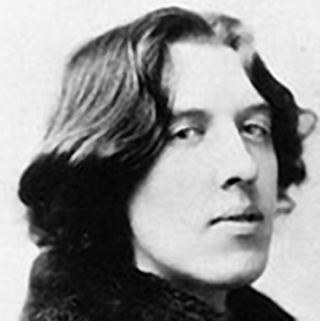Course Description
At this distance Oscar Wilde seems not only to be on the threshold between centuries and between cultural-systems: in many ways he seems to be the threshold. His aesthetics look backwards to the aestheticism of Pater and the moral sensibility of Ruskin, and they look forward to Modernism. His antecedents are 18th …
At this distance Oscar Wilde seems not only to be on the threshold between centuries and between cultural-systems: in many ways he seems to be the threshold. His aesthetics look backwards to the aestheticism of Pater and the moral sensibility of Ruskin, and they look forward to Modernism. His antecedents are 18th century playwrights, and he opened a path of irony and structural self-reflexivity that leads to Beckett and Tom Stoppard. He was Irish but achieved his great successes in England. Arguably, his greatest success was his greatest public failure: in his scandalous trials he shaped 20th century attitudes toward homosexuality and toward theatricality and toward performativity. His greatest performance was the role of “Oscar Wilde”: in that sense he taught the 20th century how to be itself.
Course Info
Instructor
Departments
Learning Resource Types
assignment
Activity Assignments

Oscar Wilde in New York city in 1882, photo by Napoleon Sarony. (Image courtesy of Wikipedia.)










